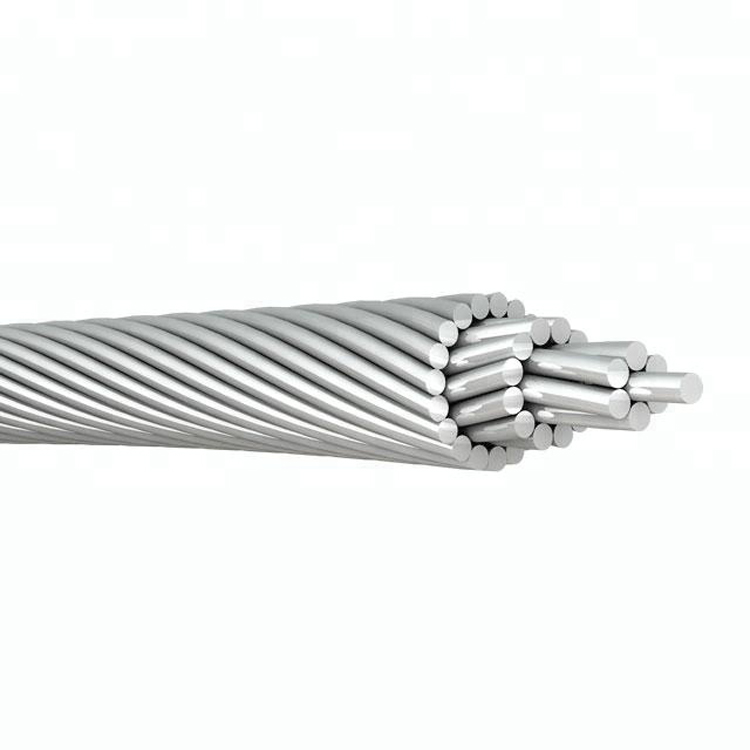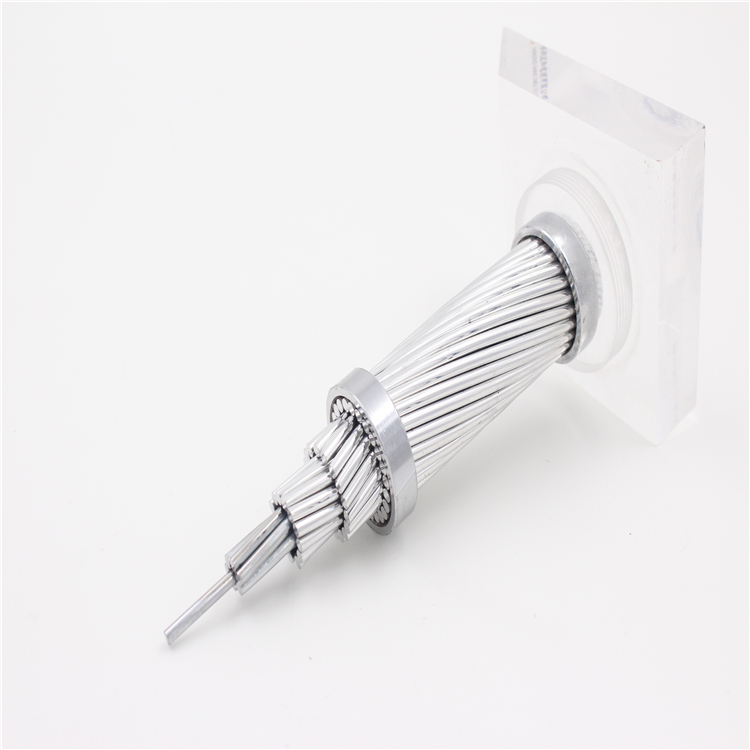

Aluminum Wire Tensile Strength Test
The tensile strength test of aluminum wire is conducted to evaluate the mechanical performance of the wire under axial tension. This test determines the maximum force the aluminum wire can withstand before breaking, which is a key indicator of its quality and suitability for electrical and structural applications.
Test Procedure:
Sample Preparation: A standard-length aluminum wire sample is selected and mounted in a tensile testing machine.
Testing Process: The machine applies a steadily increasing axial force to both ends of the wire until it fractures.
Data Collection: The tensile strength (measured in MPa or N/mm²), elongation, and breaking point are recorded.
Standards: The test is performed in accordance with international standards such as ASTM B557, IEC 60889, or GB/T 228.
Purpose and Importance:
To ensure the aluminum wire meets the mechanical requirements for its intended use.
To confirm product compliance with customer specifications and relevant standards.
To assess the quality and uniformity of the aluminum material.
Typical Requirements:
Tensile strength values vary depending on the wire diameter, alloy type (e.g., 1350, 6201), and temper.
For electrical conductors, good tensile strength ensures reliable performance under mechanical load conditions such as installation, wind, or ice load.

